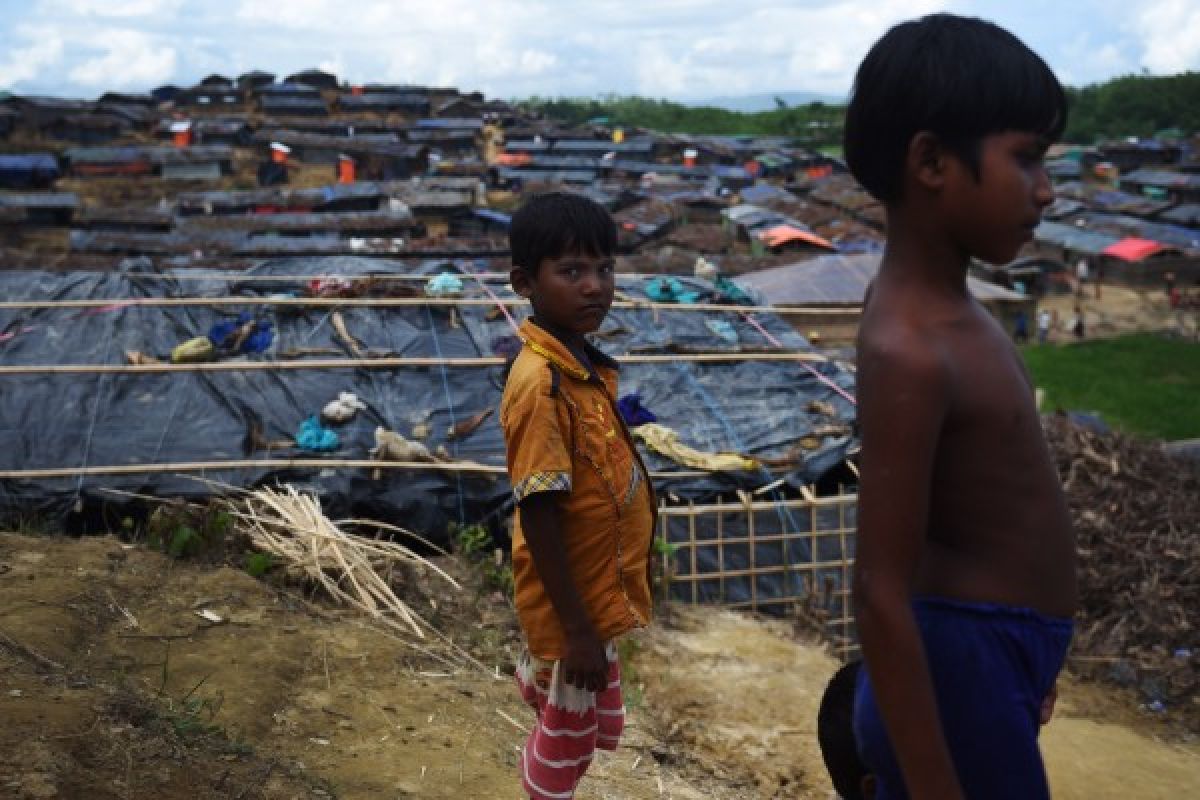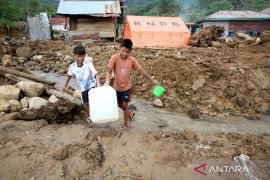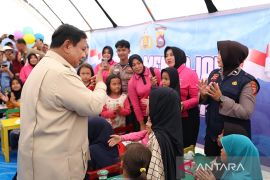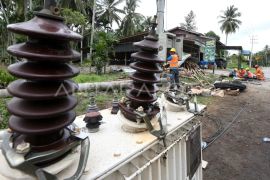"I want to begin with an area where rights have been violated. The massive outflow of people from Myanmar in recent months and the causes of their flight have shaken many across this region and the world," Prince Hussein remarked during the event held in the Ministry of Foreign Affairs on Monday.
The Jakarta Conversation on Human Rights was organized by the Ministry of Foreign Affairs to commemorate the 70th year of the Universal Declaration of Human Rights and the 25th year of the Vienna Declaration and Programme of Action.
The half-day public event was held to evaluate the current status of promotion and protection of human rights in the region as well as to explore and share best practices and lessons learnt in overcoming challenges and advancing cooperation in the field of human rights.
During the event, the UN High Commissioner conveyed the messages recounted by the Rohingya refugees, who constitute well over half of the Rohingya living in northern Rakhine, that the atrocities they faced include brutal killings, enforced disappearances, arbitrary detention, atrocious sexual violence, and destruction of homes and livelihoods.
"Although any definitive finding should be made by an appropriate tribunal, my office considers that acts of genocide and ethnic cleansing may have occurred," Hussein remarked.
This latest campaign of violence is the culmination of five decades of discrimination and violence against the Rohingya.
The Jordanian diplomat pointed out that the Rohingya have been progressively denied citizenship, legal status, and birth certificates, and in northern Rakhine, their access to education, healthcare facilities, markets, farming land, areas for fishing, and employment of almost any kind has been increasingly and drastically curtailed.
Periodic violence has repeatedly forced several thousand people to flee to Bangladesh.
Hussein took the floor on the occasion to again acknowledge the role of Bangladesh in giving refuge to currently almost one million refugees.
"Myanmar faces a very serious crisis, with a potentially severe impact on the security of the region," Hussein stated, adding that if the Rohingya crisis were to spark broader conflict based on religious identities, the ensuing disputes would be a cause for major concern.
In addition to Prince Hussein, the Jakarta International Conversation on Human Rights invited former foreign affairs minister Hassan Wirajuda and Indonesian Commissioner for the Independent Permanent Human Rights Commission of the Organization of Islamic Cooperation Siti Ruhaini Dzuhayatin as the keynote speakers.
Indonesian Minister of Foreign Affairs Retno Marsudi remarked that the UN High Commissioner was invited by the Government of Indonesia to the country to discuss the type of cooperation to be strengthened to promote human rights.
"It is important for us to cooperate and address humanitarian issues objectively before they lead to cases of human rights abuse and violation," Minister of Foreign Affairs Marsudi said in her opening remark.
According to Marsudi, Indonesia believes that promotion and protection of human rights must be universal and progressive in nature but at the same time understand that each country faces its own challenges and needs to progress at its own pace.
"Thus, it must be underlined again that promotion and protection of human rights is neither a finger-pointing nor blame game," Marsudi stated, adding that it should be a joint effort by all and for all.
Prince Hussein was scheduled to visit Indonesia until Feb 7 before continuing his trip to Papua New Guinea and Fiji.
T.a059/INE
EDITED BY INE
(T.A059/A/KR-BSR/F001)
Reporter: antara
Editor: Heru Purwanto
Copyright © ANTARA 2018












